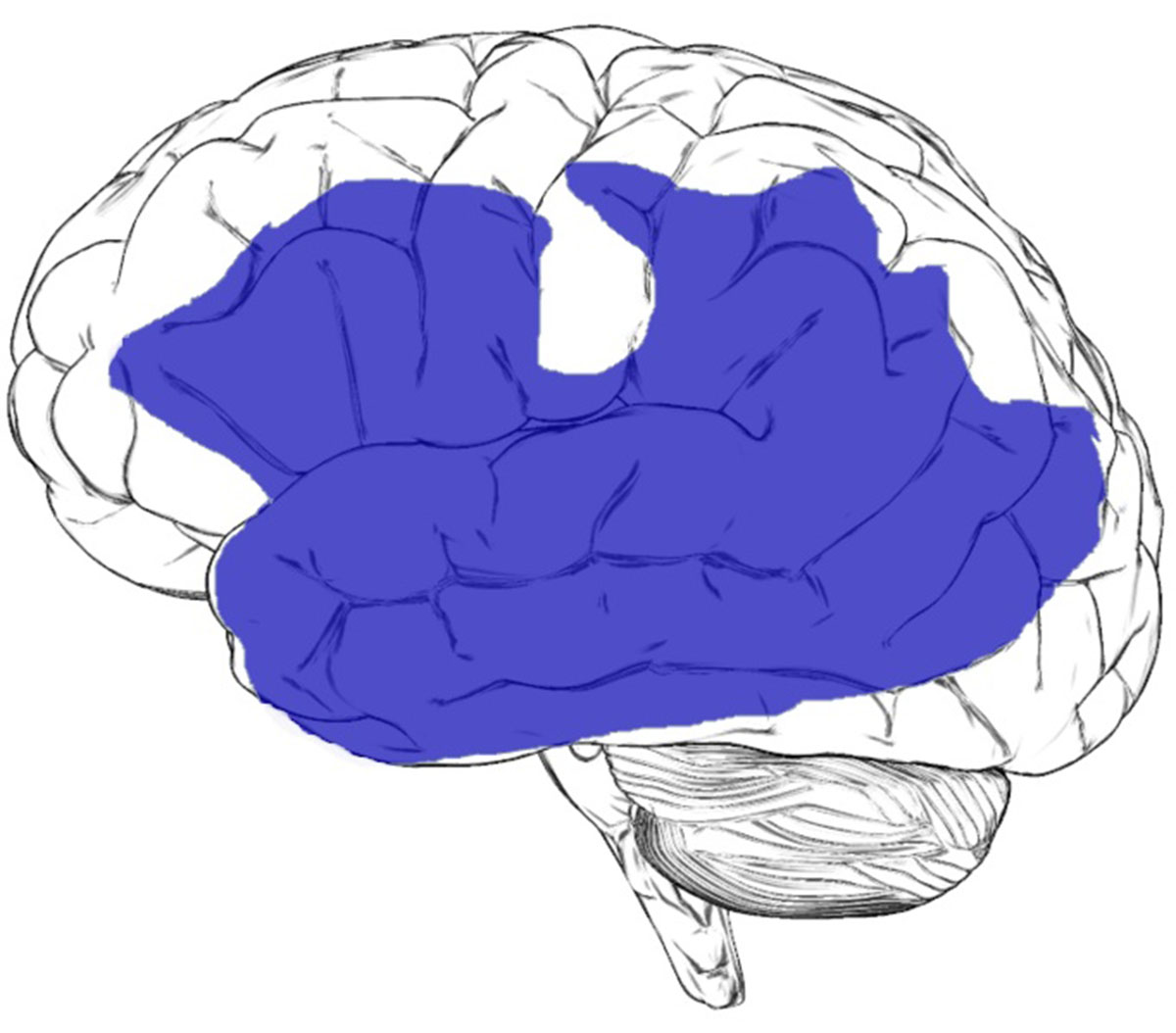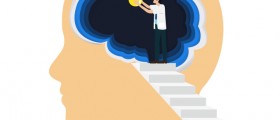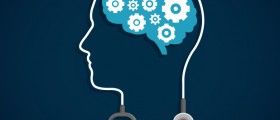
Introduction
Global aphasia is often mistaken for mental impairment or low IQ. Global aphasia is one of several types of aphasia, all caused by the damage to the left brain hemisphere, which hosts language abilities. It is characterized by total reduction of language skills, both spoken and written, affecting comprehension and expression equally. In people with global aphasia, other cognitive skills are functioning normally, it is only the language skills that are affected. Needless to say, this has absolutely nothing to do with a person’s mental ability or intelligence coefficient.
Symptoms of global aphasia
The symptoms of global aphasia combine the symptoms of both Broca and Wernicke’s aphasia, which is logical since it is caused by damage to Broca’s and Wernicke’s areas of the brain. Those are the areas of the brain responsible for language processing. There are many different types of injury that can cause global aphasia, and if they spread to other parts of the brain, they can make the condition even worse. A major stroke is also a possible cause of global aphasia, especially if it occurred in the middle cerebral artery.
The symptoms of global aphasia include communication impairment regarding the verbal communication through speaking, reading, writing, spelling and such, inability to understand a communication, pronouncing meaningless words, formation of short and incomplete sentences, writing sentences or words that do not make sense and similar. Depression is also often seen in people who suffer from global aphasia.
Treatment for global aphasia
The prognosis for global aphasia depends on its underlying cause. It also depends on the patient’s age, overall health and the condition of the remaining parts of the brain. In most cases, surgery is not an option, but there are ways to help the patient recover and to cope with the aphasia. There are therapy options that help the patient to strengthen the remaining language skills and to develop other means to make up for the lost language abilities.
Therapy, which can be computer-aided, group or individual therapy, generally focuses on relearning words and sentences, restoring the lost language abilities, finding other means to communicate, and it also helps the patient cope with side effects of global aphasia, such as depression, loneliness, social embarrassment and similar.
There are also support groups that provide comfort and understanding for people affected by global aphasia, as well as for their families and loved ones. The role of family, friends and partners is very important in overcoming the effects of global aphasia and most therapists recommend their full involvement in therapy and recovery.

















Your thoughts on this
Loading...